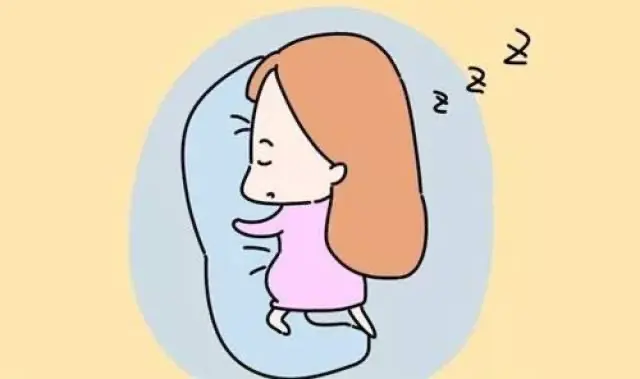A great day starts with a good night’s sleep!
✅Lack of Sleep is Slowly Destroying You
Chronic sleep deprivation doesn’t just make you feel like a zombie during the day with scattered attention, but it acts like a ticking time bomb, silently laying hidden dangers in your body. Studies show that many adults are suffering from sleep disorders. Long-term insomnia can lead to issues like neurasthenia and depression, creating a vicious cycle. Your body is sending out distress signals!

✅How Scary is Long-Term Sleep Deprivation?
Long-term sleep deprivation comes with a heavy price for both your brain and body. It can lead to memory loss, scattered attention, emotional instability, and even irreversible memory damage. What’s more, your immune system will collapse, leading to frequent colds, inflammation, and a sharp rise in disease risk. Even more frightening, it accelerates aging, causing dull skin, more wrinkles, and organ function decline. Don’t let staying up late become the accomplice to “chronic self-destruction”!
✅How to Check if You Have Insomnia
If you often take more than 30 minutes to fall asleep, wake up more than twice during the night, or feel like you haven’t rested when you wake up in the morning, and you feel tired, weak, and have trouble concentrating during the day, you should be cautious. You might already have insomnia.

✅How to Sleep Well
Maintain a Regular Sleep Schedule, Say No to Late Nights
Go to bed and wake up at the same time every day, even on weekends. The best sleep time is between 10-11 PM. People who fall asleep during this time have the lowest risk of cardiovascular diseases.
Relax Before Bed
Create a good environment: Avoid coffee or strong tea before bed, and instead, have a warm glass of milk. Soak your feet in hot water for 15 minutes to promote blood circulation and relax your body and mind. Keep your bedroom dark and quiet, and maintain a temperature between 18-22°C.
Moderate Exercise, But Avoid Intense Workouts
Engage in 30 minutes of aerobic exercise (like brisk walking or yoga) each day, but avoid vigorous exercise 2 hours before bed to prevent overstimulation of the brain.
Mental Relaxation, Let Your Brain Rest
Write an “anxiety list” before bed to leave your worries on paper. Try meditation or deep breathing exercises to “shut down” your brain and help it relax.
Diet Tips to Support Good Sleep
For poor sleep, adjust your diet. Incorporate more tryptophan-rich foods like milk, eggs, and oats, which help the brain synthesize serotonin, promoting relaxation. Foods rich in calcium, magnesium, and vitamin B (like nuts, bananas, and spinach) can also regulate nerve function and help you fall asleep. Try a small portion of these foods one hour before bed, and you might see an improvement in your sleep quality.

✅Sleep Savior: Chinese Herbal Bracelet
If you’ve tried many methods but are still struggling with sleep issues, a Chinese herbal bracelet may be your sleep helper. It contains various natural herbal ingredients that, when worn long-term, can effectively alleviate neurasthenia and improve sleep quality.



